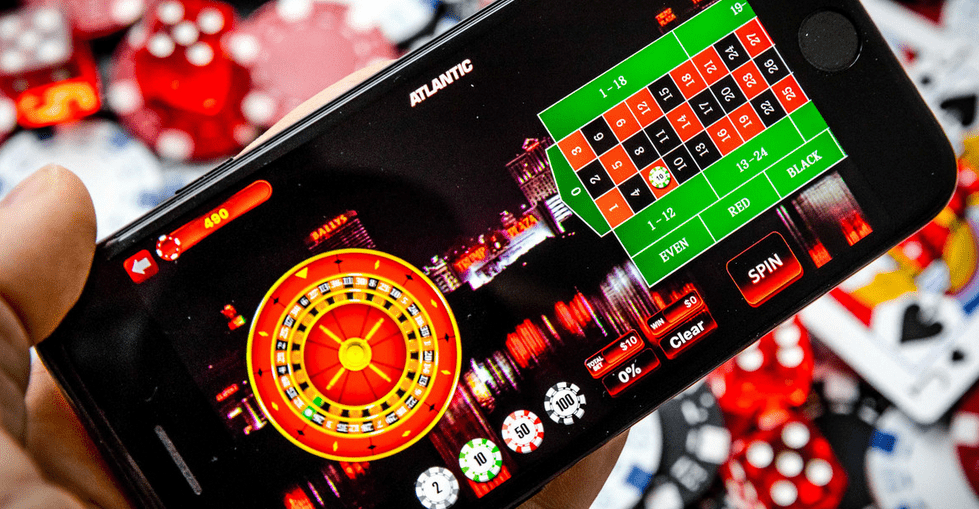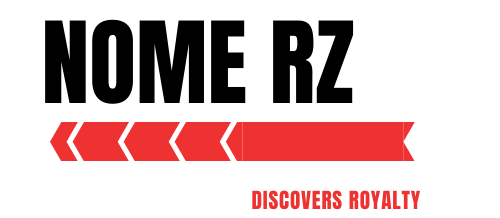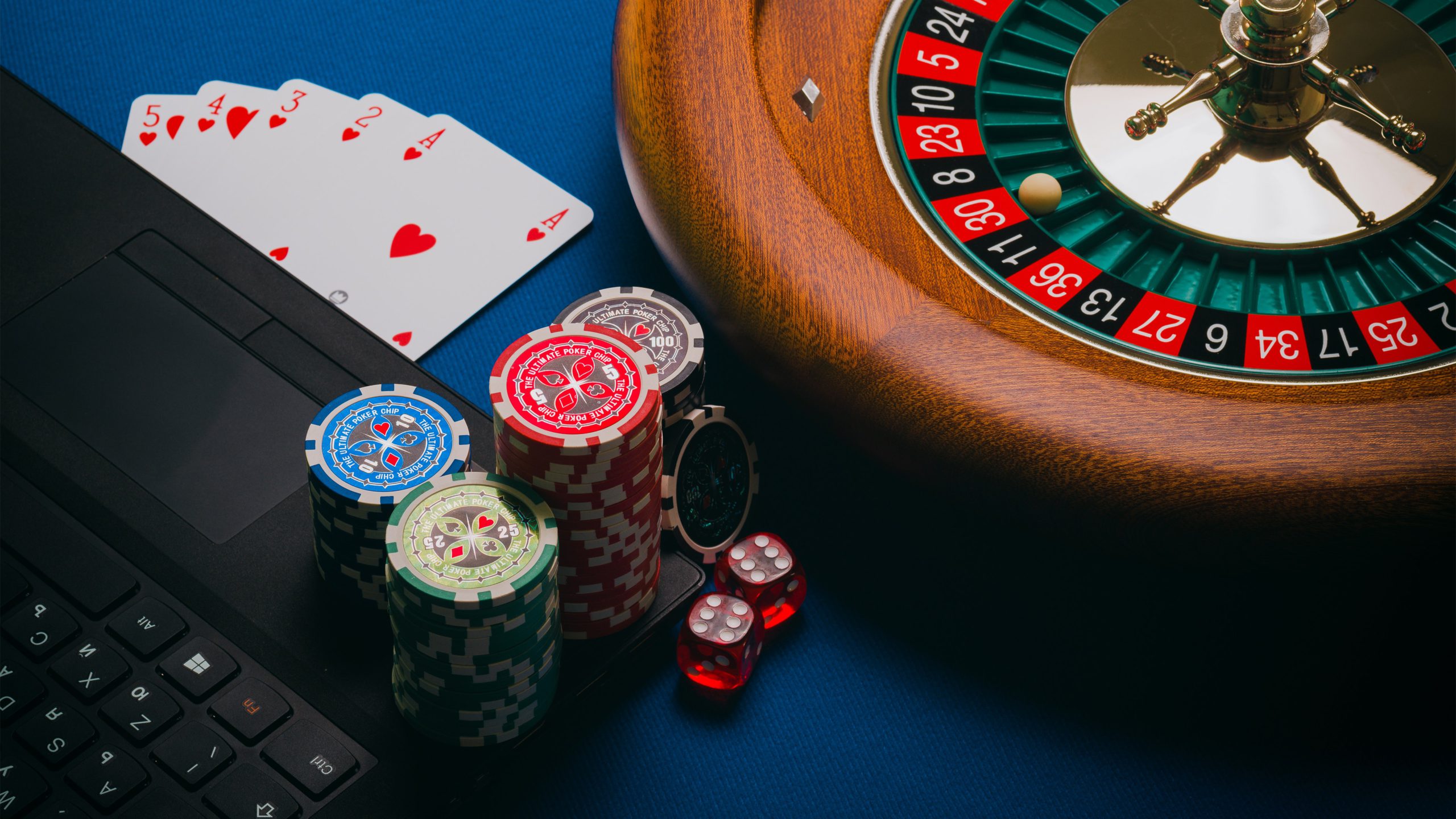Strategies To Play The Online Poker Game
The poker world is a tough place to be. There are so many different players, and they’re all trying to outdo one another in order to win the big pots. This means that you have to always be thinking of what your opponents are doing, especially when playing online. The best way to do this is by using some basic strategies.
These strategies can also help you to get better at actually winning tournaments. It’s common for high stakes players, or tournament pros, to spend months or even years studying their games. They know exactly what to look for, and how to react. If you want to become a great poker player, then you need to use these same principles.
In this article I’m going to show you how to play tournaments in a more organized fashion, and how to apply strategy as you go along. These tips will make you a much stronger player, and allow you to enjoy your poker experience.
Before we begin, there are two things you should keep in mind. First, and most importantly, don’t over-analyse your game. Poker is a simple game, and it’s important not to try too hard to figure things out. Just learn and adapt, and you’ll see good results. Second, practice makes perfect. No matter what you do, just keep at it. Nothing beats hands-on practice, so don’t wait until tomorrow to start learning.
Poker Strategy: Beginners Tip #1 – Know How Many Cards You Hold
When you first sit down at a table with other players, you probably won’t know how many cards you hold. This doesn’t mean that you’ve been holding back on your bets though. Instead, it’s because you’re not sure how many cards you have left to bluff your opponents off.
If you want to play your cards right, you need to calculate how many cards you still have to play with. For example, if you had A-J before the flop, then you would have eight cards left to bet. When you hold J-Q, that leaves seven cards. So if you hold Q-K, then you only have six left.

You might think that this isn’t a huge difference, but if you only have one card left, then the odds are stacked against you. In fact, the chances of you getting called by a raise are greater than if you held five cards.
This is why it’s so important that you know which cards you have left. If you’re unsure about what you hold, then take a peek every once in awhile. After all, you aren’t going to be able to check and call every time, so at least look over your hand occasionally.
Poker Strategy: Beginners Tip #2 – Don’t Give Away Too Much Information
Many beginners give away too much information when they play poker. This is especially true when you’re sitting at a table with four people. If you want to make an impression, then you need to hide something that could turn into a weakness.
It’s a bad idea to play a weak hand like K-J, because everyone knows that you’re holding a pair. Instead, you need to bluff them off with a strong hand like 10s-As.
If you think this sounds confusing, then just remember that you should never reveal your entire range. You should always focus on giving away only the information you need to.
Poker Strategy: Beginners Tip #3 – Watch Your Opponents Betting Patterns
When you watch a poker match, you’ll notice that there are certain betting patterns that you’ll see repeatedly. For example, you may notice that a particular opponent always raises preflop, then calls on the flop, and finally folds on the river.
These betting patterns are very useful. As long as you recognize them early on, then you can adjust your play accordingly. For example, if you see someone raise preflop, then you probably shouldn’t fold preflop. Instead, you should call his raise.
On the other hand, if you see someone raising after the flop, then you should definitely consider folding. Even if he has a decent hand, it’s likely that he’ll be bluffing.
If you find yourself getting too caught up in watching the action around you, then try to focus on your own game. Remember that you’re here to play poker, not just watch others.
Poker Strategy: Beginners Tip #4 – Play More Hands
There’s no reason to play fewer hands than you want to. Instead, you should play more hands in order to get more information. If you play a single hand, then you’ll be missing opportunities to gather valuable data about your opponent.
It’s far better to play two hands, then to play three, then to play five. By taking this approach, you’ll be able to gain deeper insights into your opponent’s range, and you’ll also get a feel for whether or not they’re bluffing.
Of course, you can’t play every possible hand. You only have so many hours in the day, and you don’t want to waste them. But you shouldn’t limit yourself either. If you find that your hand is good enough, then it’s worth risking the money on it.
Poker Strategy: Beginners Tip #5 – Use The “I” Factor
One thing that all successful poker players share is a common personality trait. Everyone who wins has a solid attitude about themselves, and this plays an integral role in their success.
For example, many top professionals play well with aggression, while other players rely on tightness to win. One of the biggest mistakes that newbies make is trying to force their style onto their opponents.
Instead, you need to understand that each person has their own style, and they will respond differently to various situations. If you try to force your style upon them, then it’s highly unlikely that you’ll succeed.
Instead, you need to find a balance between being aggressive and playing tight. You want to keep your opponents guessing, but you also need to avoid making reckless moves.
Poker Strategy: Beginners Tip #6 – Make Sure That You Have Enough Cashflow
When you play online, it’s easy to fall behind financially. You can easily lose hundreds of dollars in one session. If you’re not careful, then you can end up losing everything.
To ensure that you don’t run into financial trouble, you need to have plenty of cash available. Of course, this isn’t difficult to achieve if you’re playing at the highest limits, but if you’re playing smaller pots, then you need to plan ahead.

For example, if you play $0.10/$0.20, then you should have at least $100-$200 in front of you. If you’re playing $0.25/$0.50, then you should have a minimum of $75-$150.
These amounts will change depending on the size of the pot, but you should always have enough money in front of you to pay your bills. If you’re playing $0.05/$0.10, then you need to have $50-$100 in front of you.
If you follow these tips, then it’s extremely unlikely that you’ll ever lose anything serious. Sure, you may lose a few small pots here and there, but if you keep playing your best, then you’ll gradually build up a bankroll.
Even having a consultation with the experts is the best idea for the players to play the game of their choice. As per the reports of the Judi Bola Online, the experts will guide the players regarding the right strategies to be used in a particular situation. This will increase the winning chances of players.
It takes patience, but eventually you’ll be playing with real money. And when that happens, then you’ll have the knowledge and skills necessary to compete at the tables of any casino.


